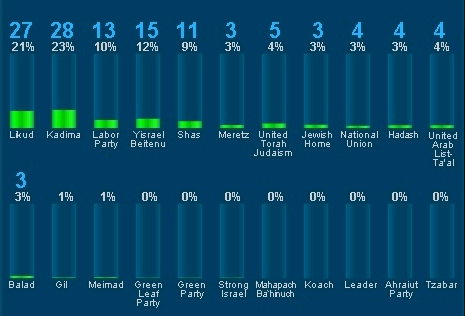The Times of Israel reports:
The leader of Britain’s Haredi community has been caught on video advising an alleged victim of sexual abuse not to report the claim to police.
Rabbi Ephraim Padwa, head of the Union of Orthodox Hebrew Congregations, was recorded by a community member using a hidden camera as part of a Channel 4 documentary on Haredi child abuse.
In a scene that will air Wednesday, the insider, who hails from the Haredi London neighborhood of Stamford Hill, tells Padwa, “Someone who you may know of . . . sexually abused me when I was younger, when I was a child,” and asks how to proceed.
After Padwa responds, “We are dealing with this,” the insider asks whether he should go to the police.
“Oh no,” Padwa answers, explaining that doing so would constitute “mesirah,” or turning a Jew over to secular authorities. He adds in Yiddish, “People mustn’t tell tales.”
The Channel 4 program, a special edition of the “Dispatches” current affairs series, will highlight 19 alleged cases of child sexual abuse in Haredi communities across the UK, none of which have been reported to police because of feared reprisals from within the Haredi world.
When the insider in the Padwa segment – who originally made allegations in 2005 — asks whether the rabbi can be certain the alleged abuser isn’t harming others, Padwa retorts, “The police also cannot assure. The police is not the solution.”
He appears to sidestep a question about how to deal with authorities if they learn about the alleged abuse independently, repeating twice, “Let’s hope it wouldn’t happen.”
He then reiterates, “You shouldn’t do anything that can lead to the police.”
Asked to comment by The Times of Israel, a spokesman for Padwa questioned the credibility of Channel 4’s undercover insider, saying the allegations had already been investigated and dismissed as “malicious” by social services in the borough of Hackney. They were investigated again in 2007.
Padwa’s on-camera advice about avoiding the police was made, the spokesman said, with that in mind.
Minutes of a March 2005 meeting run by social services, seen exclusively by The Times of Israel, show that an unnamed man made accusations to the Police Child Protection Team against a former teacher at a Haredi school. He claimed to be acting out of concern that his nephew, who attended the school, “could be subject to the same abuse.”
When the teacher learned of the complaint, it was alleged that he offered the former student money “to shut the young person up,” the document reports.
The teacher denied the account, claiming the financial discussion was in fact attempted extortion by the accuser. Social services accepted his version of events, declining to take further action.
A letter from the school confirms that the accuser is the same man who appears in the TV program.
A representative of Channel 4 blasted attacks on the insider’s credibility. “We are appalled by an attempt to discredit a young person because he has made an allegation of sexual abuse about a member of his community,” a spokesman said.
The conduct of Rabbi Ephraim Padwan is obnoxious in three ways.
First of all, if Operation Yewtree has taught us anything, it is that child sexual abuse – as much as any other form of criminal misconduct – can thrive in hierarchical social groups, because victims feel that they will be neither believed nor helped. I have not seen the programme, so I can make no judgement as to whether child abuse is likely to have taken place in any case highlighted by Dispatches. However, we know that child abuse has taken place within Haredi communities, and that it has proven difficult to investigate properly.
Secondly, it is unacceptable for a complainant ever to be told that they shouldn’t report a crime to the police, for any reason. Internal communal investigations are incapable of providing justice, either to the complainant or the potential defendant, because they are not proper judicial proceedings. Their process is vitiated, multiply, not least by the potential for bias.
Finally, it is fundamentally unacceptable for a trusted religious leader to tell a congregant that they will breach a religious obligation if they report a crime to the police. In a pluralist society, individuals must be free to choose a communal identity, and live a life according to its strictures, as far as they set standards for personal conduct, or voluntary association with others. But when they conflict, directly, with more generally-owed social obligations – including the reporting and investigation of crime – those communal values must never constitute a trump card.
Comparisons with the “Comrade Delta” case, currently destroying the Socialist Workers Party, are apt here. What is wrong for them, is wrong for closed Haredi communities, and for similar reasons.


